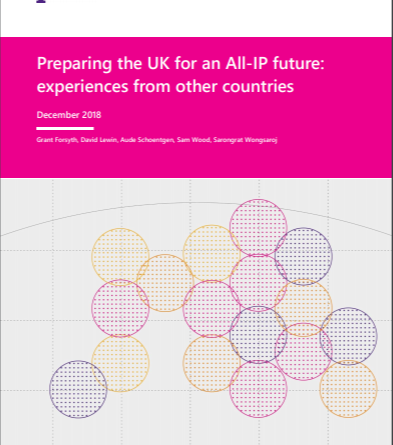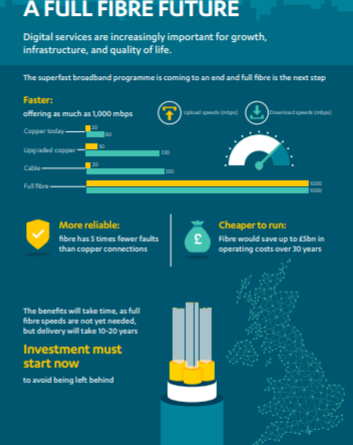Ofcom publishes its 2019/2020 Work Plan
Ofcom has published its work plan for 2019/2020 laying out its priorities and projects for the coming financial year following consultation with the public and industry. The four main focus areas for Ofcom are:
* Better broadband – this will include the implementation of the broadband Universal Service Obligation and supporting investment in fibre though duct and pole access – and better mobile – through auctioning more spectrum to boost rural reception and preparing for 5G.
* Fairness for customers – to ensure the fairer treatment of customers with fairer and clearer pricing and more transparency around deals availability. Ofcom will also be increasing the budget for its Communications Consumer panel.
* Supporting UK broadcasting – Ofcom will look to support regional TV productions and review the BBC’s news and current affairs programming and commercial activities as well as ensure that public service channels remain easily locatable in the face of technology developments.
* Online harms – reflecting the growing concerns around protecting people online and to ensure that audiences understand better the online world, Ofcom will carry out more work around media literacy and research into specific harms to include awareness raising.
Ofcom has updated its plan following the Government’s publication of its draft Statement of Strategic Priorities covering telecoms, spectrum and the postal service to reflect the priorities that were set by DCMS.
Whilst there are few surprises in the specific projects proposed for the year, with many ongoing and rolling over from last year, the first quarter should see Statements on the Broadband USO, the completion of the assessment for both the Business Connectivity Market Review and the Physical Infrastructure market review with the expected introduction of an unrestricted duct and pole access remedy.
Ofcom also references the work it is undertaking around Brexit and European legislation and how international cooperation with other bodies is expected to continue.












